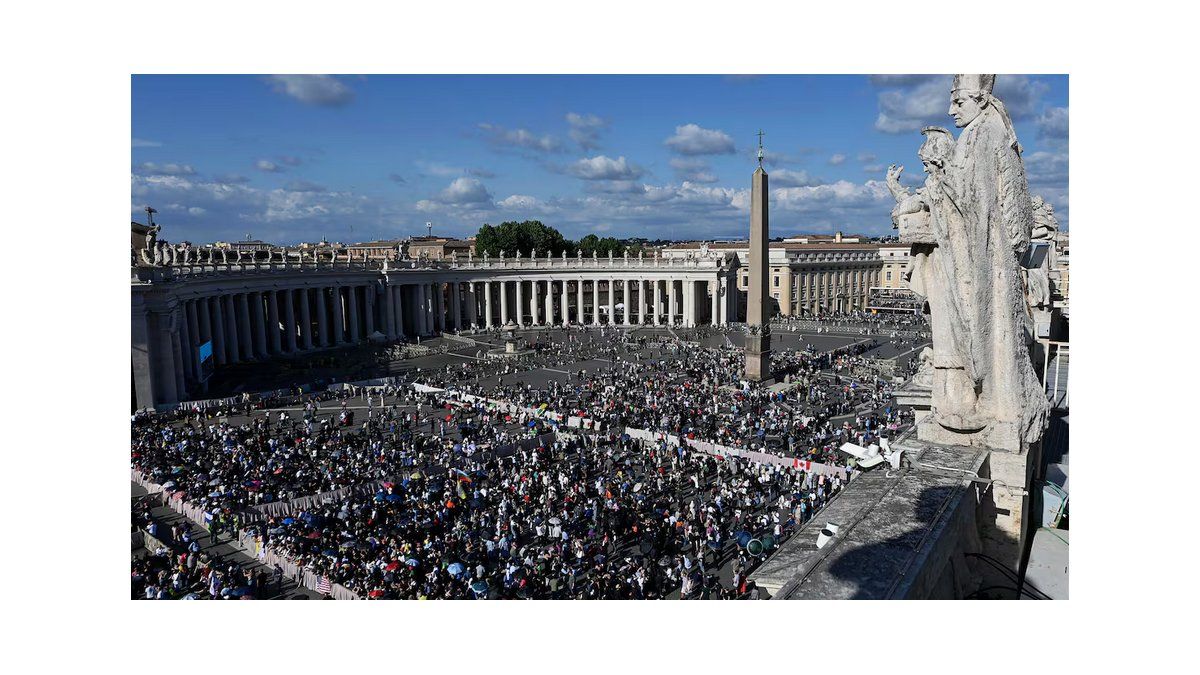According to security expert Christian Mölling, the series of Ukraine conferences will stabilize aid for Ukraine – even in the event of an election victory by Donald Trump.
Reconstruction conference in Berlin, G7 summit in Italy, NATO in Brussels and a peace conference in Switzerland – the series of consultations and agreements this week makes support for Ukraine more long-term and reliable, according to security expert Christian Mölling. Mölling said on Friday in star– , “The situation – international”: “People are trying to open umbrellas and prepare everything for bad weather.” This is evident on various levels, analyzed the research director of the German Council on Foreign Relations. For example, the interest on frozen Russian assets is being used to help Ukraine with long-term loans. This is “a step to create more politically acceptable conditions.” Mölling defended the use of interest as being in order under international law. “It is not the law of the jungle,” he said. The expert admitted, however, that there is no perfect situation in which a court can make a ruling that everyone then abides by. However, the measure is widely seen as legitimate – outside of Russia. Mölling emphasized: “Where there is no hard law, it is important that many states support it.”
New structures make it difficult for the US to withdraw
Mölling pointed out that new structures were being created in various places to strengthen the reliability of aid for Ukraine. He said that in future NATO, and no longer the USA, would coordinate military support. The aim was to keep the Americans on board, but at the same time to enable a new distribution of commitment. “As long as you have ongoing proceedings, it is much more difficult to end something,” said Mölling, referring to US policy after a possible re-election of Donald Trump. He also saw the security agreement now agreed between the USA and Ukraine in this context. Mölling saw the upcoming peace conference in Switzerland as an opportunity to create structures in which approaches to a solution to the conflict could then be developed. It was about communication and a positive message. But also about “opening up an opportunity”. He thought it was conceivable that Russia could also take part in later meetings, which is not yet the case.
Source: Stern
I have been working in the news industry for over 6 years, first as a reporter and now as an editor. I have covered politics extensively, and my work has appeared in major newspapers and online news outlets around the world. In addition to my writing, I also contribute regularly to 24 Hours World.




